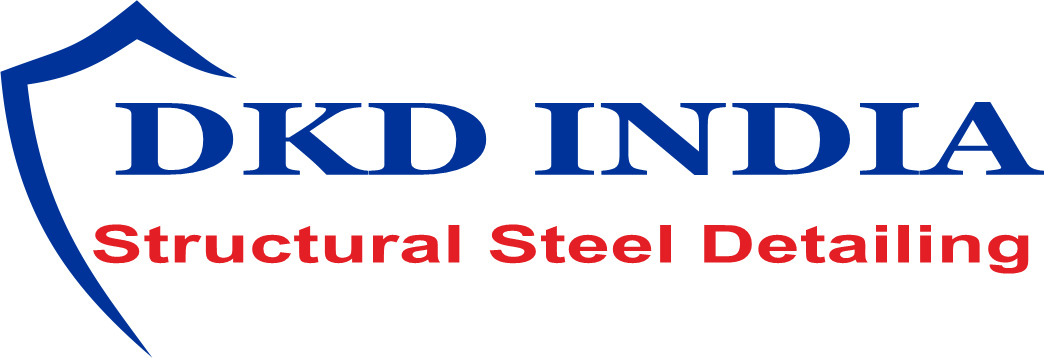If you’re in online writing, digital advertising or make use of a large company or federal firm you most likely use a CMS in some application form. These systems allow non-technical staff to upload and alter content without the need for that website designer. They can also control the content’s composition without changing the actual Web coding for the page.
Building your own CMS requires a wide range of technical skills. You need skilled back-end developers to make certain the system runs well and efficiently, and also front-end builders that can put into practice a good user experience. If you shortage this skill set in-house, it could more cost effective to use a pre-built CMS platform.
You’ll also have to spend time retaining your CMS on a ongoing basis, being sure that it is compatible with new deployment environments and returning to the design as best tactics and preferences evolve. This really is a significant amount of work that would be averted www.svasam.net/2022/02/04/which-services-can-help-to-evaluate-deal-outcomes/ having a pre-built alternative.
A key consideration for a CMS is how easy will probably be for non-technical staff to develop and edit websites. Look for a CMS that offers user-friendly software and drag-and-drop page builders, that make it practical to build and manage websites lacking specialized encoding skills. You can also want to consider whether or not the CMS incorporates a large community that can deliver support and guidance. How big is the community may help determine whether or not the CMS can easily respond to bugs and weaknesses as they arise.

